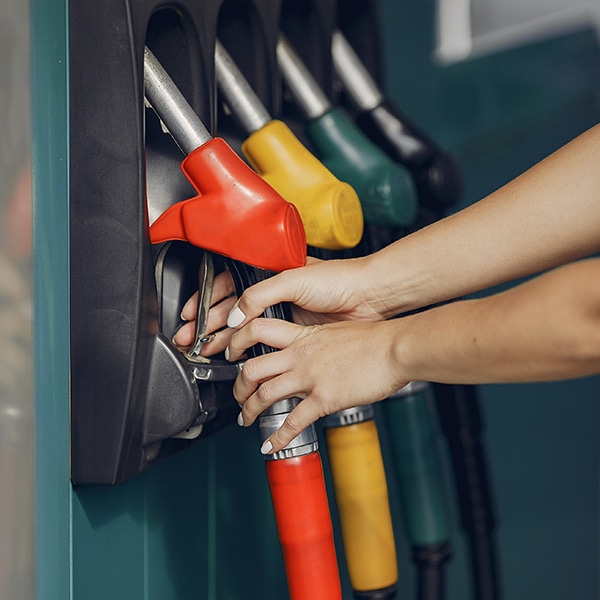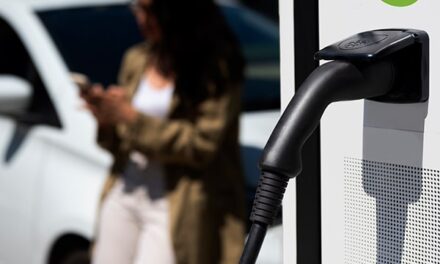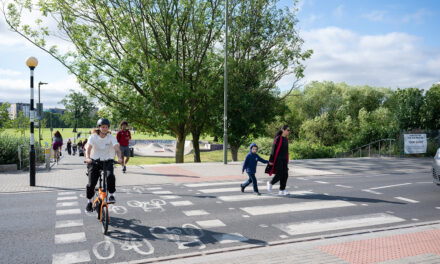The surge in energy prices is putting people off buying electric cars and shows why immediate solutions to cutting dangerous emissions from petrol and diesel vehicles is crucial, a leading fuel tech company said today.
An AA survey of 12,500 drivers showed 63% of respondents said the increase in home electric bills was contributing to their decision to stick with petrol or diesel cars, while 10% stated it was the main reason for not making the switch to electric.
Meanwhile, the RAC has said the cost of charging an electric car using public charge points has risen by 42% in just four months, and now costs almost the same as filling up at a petrol station.
The RAC said the average price for using car chargers has increased by 18.75p per kilowatt hour (kWh) since May, reaching 63.29p per kWh.
Advertisement
The latest figures show a driver exclusively using rapid or ultra-rapid public chargers pays around 18p per mile for electricity, compared with roughly 19p per mile for petrol and 21p per mile for diesel.
Nawaz Haq, Executive Director at British fuel tech company SulNOx Group Plc said the rise in electricity prices was yet more proof that action was needed to reduce emissions from petrol and diesel cars if the UK was to take its climate change ambitions seriously.
“We have said all along that fossil fuels will continue to play a major part in powering our cars and providing our energy needs for years, even decades, to come. That may be an inconvenient truth for some, but it is a truth nevertheless,” said Mr Haq.
“At the Labour Party Conference, we have Shadow chancellor Rachel Reeves pledging billions in green projects including battery factories, and while this is great news in the long-term, it does nothing to address the very real climate crisis we are in here and now.
“Recently, Halfords research showed that the average age of a car is 8.7 years, about a year more than it was a decade ago. It is expected to pass the nine-year mark very soon and could creep above 10 years before the cost of living crisis eases.
“Petrol and diesel cars are still around and their reliability means they will be around for longer than before, so something must be done to tackle the emissions from them.”
SulNOx Group specialises in solutions towards decarbonisation of liquid hydrocarbon fuels.
Mr Haq said: “It’s vital that, alongside investment in alternative fuels, governments and organisations look at how they can reduce the impact of burning fossil fuels. We can’t close our eyes and hope it goes away.”
Advertisement
0 responses to “Some people are shunning electric cars, so why aren’t we doing more to clean up petrol?”
Advertisement


















Leave a Reply